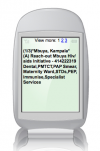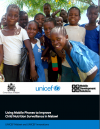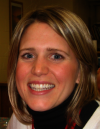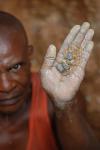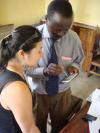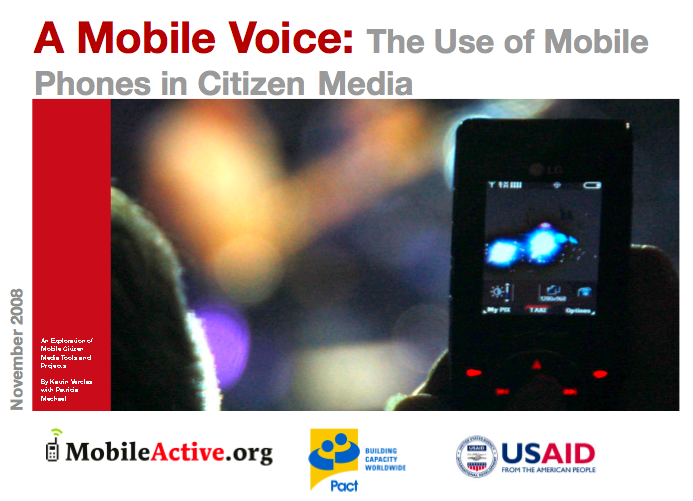This made my day today. Thank you, wonderful Afrigadget, the brilliant and wonderful resource on African innovation.
"Pascal Katana, a Fourth Year student at the Department of Electrical and Information Engineering at the University of Nairobi, Kenya, developed an electronic device that ‘automates’ fishing. The trap employs amplification of the sound made by fish while feeding. The acoustic signals are radiated and attract other fish who head toward the direction of the source thinking there is food there.
Once a good catch is detected by a net-weighing mechanism, it triggers a GPRS/GSM device attached to the system and the fisherman gets a call/sms informing him that his catch is ready. Pascal is in the process of developing a by-catch control system which will ensure that his contraption doesn’t cause overfishing.
Photo from Afrigadget
